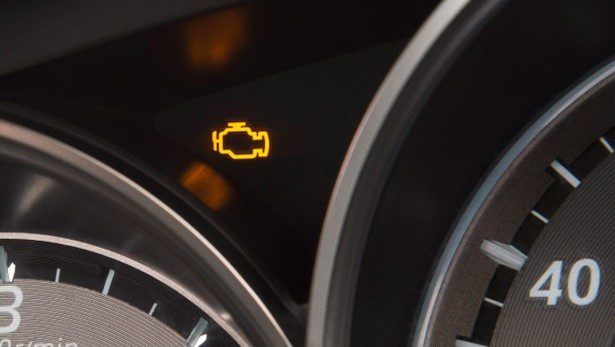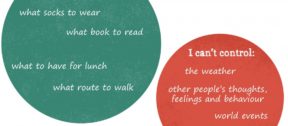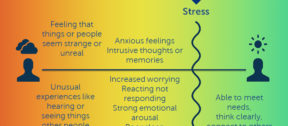Handy resources to support you with
Latest resources from our expert team
Get started with some basics
Want to contribute?
Create your own giving page and start getting people to sponsor you.
How are you feeling?
Complete our short survey and find out. It’s anonymous and helps us as a charity understand the needs in England and Scotland.


















